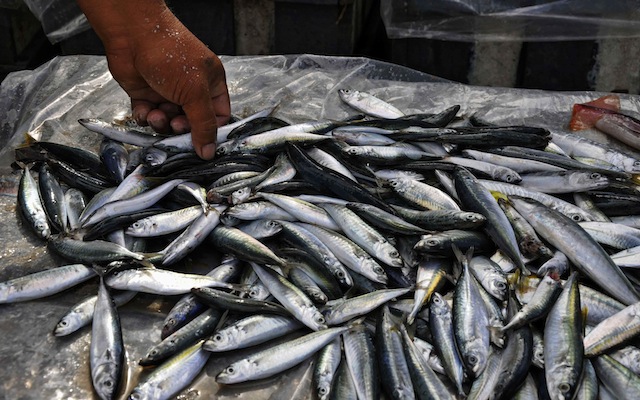The reported 1.2 million square meters of coral reef damage from ongoing reclamation projects in the disputed Freedom Islands in the Western Philippine seaboard will cost the Philippines PHP4.5 billion annually, according to the Department of Foreign Affairs (DFA).
The extent of the damage from dredging of coral reefs in the disputed area is equivalent to 310 times the damage caused by the poaching vessel F/V Min Long Yu in Tubbataha Reefs in 2013, reports the World Wide Fund for Nature (WWF) Philippines.
The West Philippine Sea is a rich a spawning and feeding site for endangered sea turtles and high-value fish like tuna.
“A single square kilometer of healthy coral reef can generate 40 metric tonnes of seafood yearly. We have theoretically lost the ability to produce 48 metric tonnes year on year,” notes WWF-Philippines President and CEO Joel Palma.
“In addition, legally-protected hard corals and giant clams are being harvested either for the curio trade or as a construction substrate. Corals and giant clams take decades, even centuries, to repopulate an area,” adds Palma.
The West Philippine Sea is among Earth’s most productive but disputed marine ecosystems. Its three archipelagos – the Pratas, Paracel and Spratly island groups – are claimed by no less than six of the world’s fastest-developing economies – the Philippines, China, Taiwan, Malaysia, Brunei and Vietnam.
The Philippines is also part of the Coral Triangle, the richest marine ecosystem in the world in terms of diversity and production.
In a statement, WWF announces it strongly condemns the continued degradation of the West Philippine Sea, which robs all six claimant nations of future fish yields.
A team of researchers from Cornell University finds in its May 2015 study on Nature Climate Change that climate change will not only cause bleaching and rising ocean temperatures, it can also mean disease outbreaks in coral reefs.
Lack of concerted efforts to protect coral reefs from human activities such as reclamation projects and the impacts of climate change could lead to the disappearance of corals by 2050, according to a global report by WWF issued in April 2015.
This could mean a bleak future for people who rely on fisheries for protein source and livelihood, unless nations get their act together to protect the oceans, which means increasing the population’s survival as well, notes Palma.
by Anna Valmero
photos by Gregg Yan, WWF Philippines
Anna Valmero
Latest posts by Anna Valmero (see all)
- Thousands took to the streets of Paris for climate action - December 13, 2015
- Rallies call for climate change action - December 12, 2015
- Climate-induced migration must be at the core of the Paris deal - December 11, 2015

